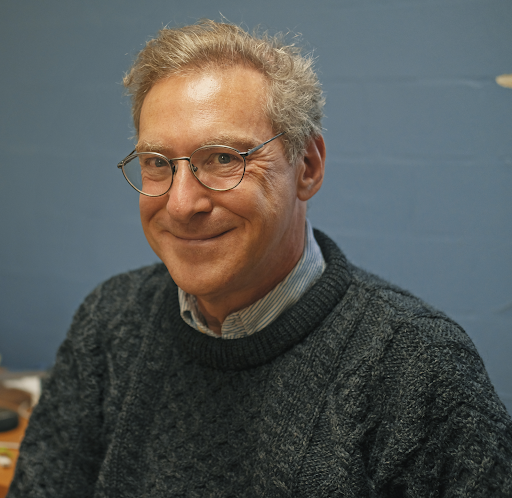The Mechanics of Genome Evolution
Sabrina Leslie
Link to live stream viewing and recording.
Abstract: The fermenting yeast Saccharomyces cerevisiae has had a profound impact on the evolution of our civilization. Fermentation, with production of ethanol and CO 2 gas, have been of primary significance to development of human cultures and diets, has also impacted on among the most important concepts in chemistry and biology, and has served in biotechnological applications, for instance contributing to saving millions of lives.
What makes S. cerevisiae so special? Some 300 million years ago an ancestor of the modern yeast lost the ability to perform a single chemical modification of a specific protein that resulted in an unravelling of their genomic DNA, otherwise compacted into hierarchically dense and organized DNA found in other organisms. Concomitant to this loss, the rates of speciation of subsequent yeasts increased, reflecting increases in mutation rates and a number of innovations, including fermentation.
We sought to test the hypothesis that the increases in mutation rates could have been a direct result of DNA decompaction by performing a retro-engineering experiment in which we reconstituted the DNA compaction machinery into S. cerevisiae. The resultant organism showed a profound compaction of genomic DNA, reflected in an increased its density and decreased in its mechanical stiffness. Furthermore, the increased compaction of the genomic DNA resulted in dramatic reductions in mutation rates, consistent with our hypothesis. I will discuss lessons these studies teach us about the mechanics and topology of genomes and their functional implications, and potential applications of our engineered yeast for biotechnological applications such as synthesis of biofuels and drug molecules.
Bio:

Stephen Michnick received his B. Sc. and Ph. D. from the University of Toronto with Jeremy P. Carver and did postdoctoral training at the Department of Chemistry, Harvard University with Profs. Stuart Schreiber and Martin Karplus (Nobel Prize, Chemistry, 2013). Prof. Michnick is presently a Professor of Biochemistry at Université de Montréal, Adjunct Professor of Bioengineering at McGill University and Canada Research Chair in Cell Architecture and Dynamics. He is an elected Fellow of the Royal Society of Canada and of the Royal Society of Chemistry of the UK. Prof. Michnick has received several honors, including in addition to Tier I and II Canada Research Chairs, Burroughs-Wellcome New Investigator and Medical Research Council of Canada Scientist Awards. He was scientific founder of among the first enterprises in the world to apply systems-based approaches to drug discovery, Odyssey Thera.
The Michnick lab studies physical principles governing the organization and properties of macromolecular assemblies in living cells, including the evolution of protein folding and protein-protein interactions. They have also developed methods to study the spatiotemporal dynamics and topologies of protein interaction networks, on different time and space scales. A current focus of the Michnick lab is on how mechanoactive biomolecular condensates drive functional membrane vesicularization and chromatin organization associated with gene transcription.